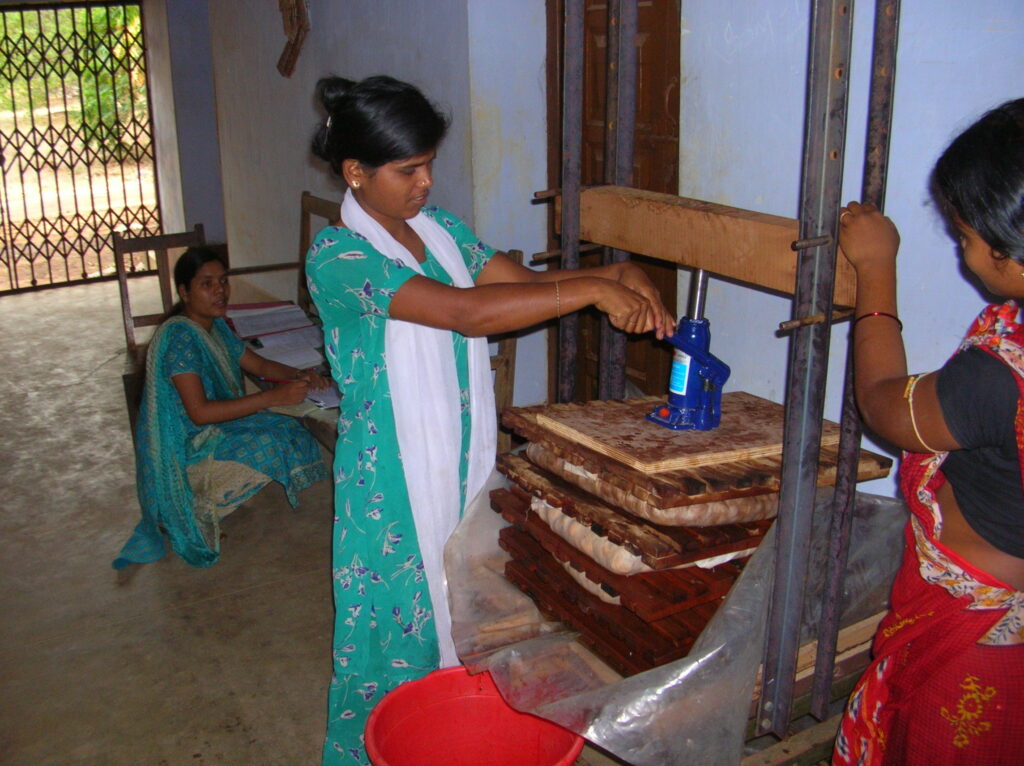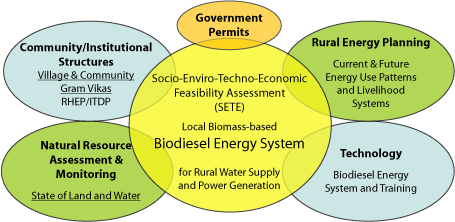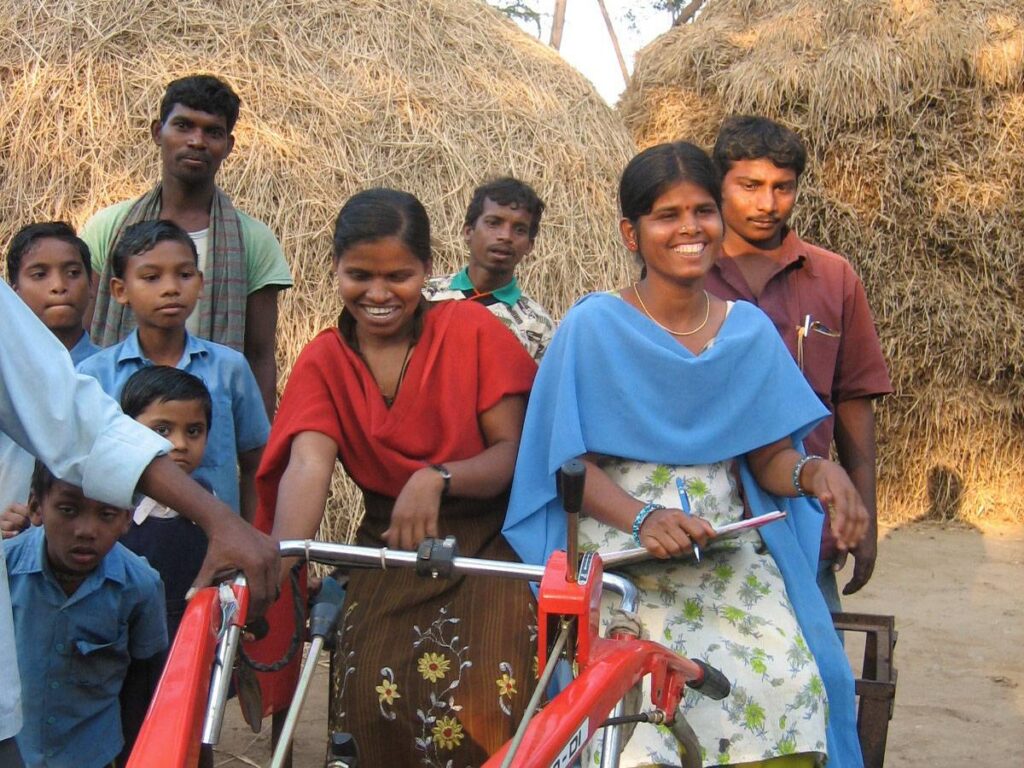CTx Green
About CTx GREEN

Village Level Biofuel Projects in India and Kenya
CTx GREEN is a non-profit organization that partners with grass-root organizations and field-based non-governmental organizations (NGOs) around the world to research, assess, facilitate, and implement community based renewable energy projects. These projects are bottom-up solutions designed and developed, with the local community, to be managed in future entirely by the community supported by the local organization.
Our VLB is a “local production for local use” model that aims to address the “food-fuel-and-income-security” (FFIS) needs of rural communities, in Odisha (India), Nyanza (Kenya), etc., primarily through agricultural mechanization coupled with organic agriculture that increases self-reliance, raise food production, and improves soil health, land productivity, acreage under the till, nutritional security, individual and community health, etc., all using local oil seeds and fruits that are abundant yet underutilized – wasted or sold without value addition. See Food Fuel and Income Security for more information.

Grand Challenges Canada has awarded two “Stars of Global Health Round 4” grants to CTx GREEN that will help support two pilot Village Level Biofuel (VLB) projects, one each in Matangwe, Bondo, Kenya and Odisha, India, respectively:
India Project: “Improving Maternal and Child Health at the Root Through Village Level Biotechnologies”
http://www.grandchallenges.ca/grantee-stars/0227-01
Kenya Project: “Health Within Our Reach – Road to Matangwe”
http://www.grandchallenges.ca/grantee-stars/0222-01

The CTx GREEN approach is to find a local solution which begins with a detailed assessment of the local natural resources and the development of an energy plan with the community based on their current and future energy needs. The technology development is also a participatory process involving the future technology users from the very beginning and incorporating continuous training. Village level community structures to manage the technology are then developed with the assistance of the local NGO and systems put in place for monitoring both the technology and the natural resource base through training of the identified community groups.

CTx GREEN also works with the local NGO to liaison with the government for relevant policy level changes to reinforce the technology. The diagram below represents the CTx GREEN methodology of community-based technologies exchange, where technology is only one of five important components of the technology adoption process.

CTx GREEN is currently working in India in partnership with Gram Vikas, a local NGO with over 35 years experience in working in remotes areas in the state of Orissa in India. The CTx GREEN-Gram Vikas partnership was formed to implement a biodiesel based alternate energy solution for water-pumping in remote non-electrified villages of Orissa. The biodiesel based system provides running water for drinking and in the washrooms being built as a part of Gram Vikas’ Rural Health and Environment Programme (RHEP).

